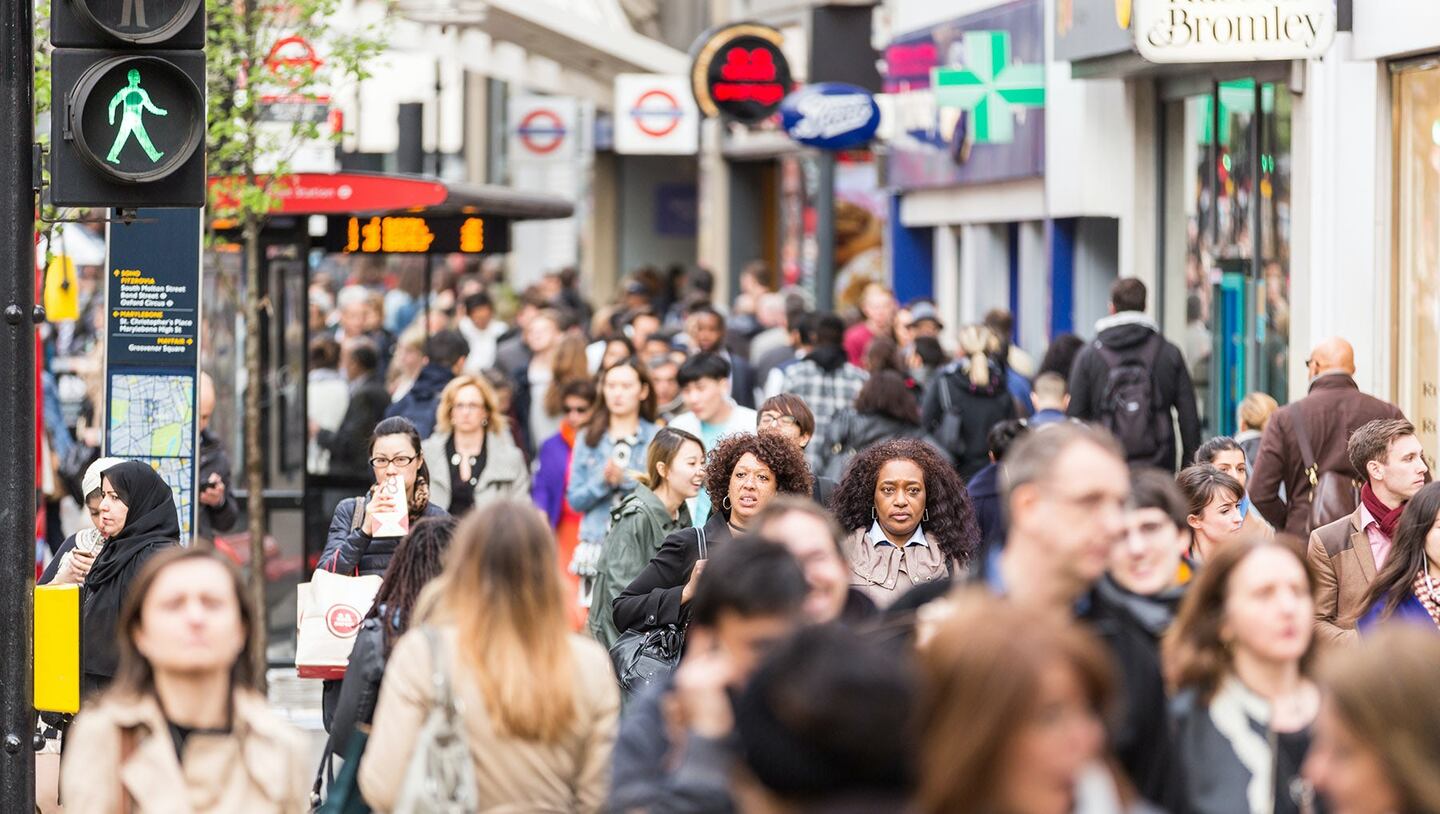
The Business of Fashion
Agenda-setting intelligence, analysis and advice for the global fashion community.

Agenda-setting intelligence, analysis and advice for the global fashion community.

LONDON, United Kingdom — British consumer spending fell by the most since July last month, payments company Visa said on Tuesday, adding to signs of slowing economic growth toward the end of the year.
Consumer spending dropped 0.7 percent year-on-year in November, a sharper decline than October's 0.2 percent drop, Visa said, based on inflation-adjusted usage data from its debit, credit and prepaid cards.
Black Friday discounts did not remedy slowing spending as some retailers had hoped. Challenging economic conditions and uncertainty surrounding Britain's upcoming departure from the European Union have weighed on British consumer confidence, with expenditure down most months so far this year.
"The disappointing trend reflects relatively subdued consumer confidence as uncertainty lingers over the outcome of ongoing Brexit negotiations," IHS Markit economist Annabel Fiddes said.
ADVERTISEMENT
While spending at bars and restaurants picked up to grow by a robust 5.1 percent, expenditure on clothes, recreation and transport and communication all dropped by more than 2 percent in November compared with a year earlier.
Online shopping growth slowed, but still outperformed face-to-face sales. Last week market research company Springboard said the number of shoppers on the high street and at retail parks dropped by the most of any November since it started collecting data in 2009.
"Economic conditions are likely to remain challenging for retailers, at least in the short term," Visa economist Adolfo Laurenti said.
By Amy O'Brien; editor: David Milliken.
The British musician will collaborate with the Swiss brand on a collection of training apparel, and will serve as the face of their first collection to be released in August.
Designer brands including Gucci and Anya Hindmarch have been left millions of pounds out of pocket and some customers will not get refunds after the online fashion site collapsed owing more than £210m last month.
Antitrust enforcers said Tapestry’s acquisition of Capri would raise prices on handbags and accessories in the affordable luxury sector, harming consumers.
As a push to maximise sales of its popular Samba model starts to weigh on its desirability, the German sportswear giant is betting on other retro sneaker styles to tap surging demand for the 1980s ‘Terrace’ look. But fashion cycles come and go, cautions Andrea Felsted.